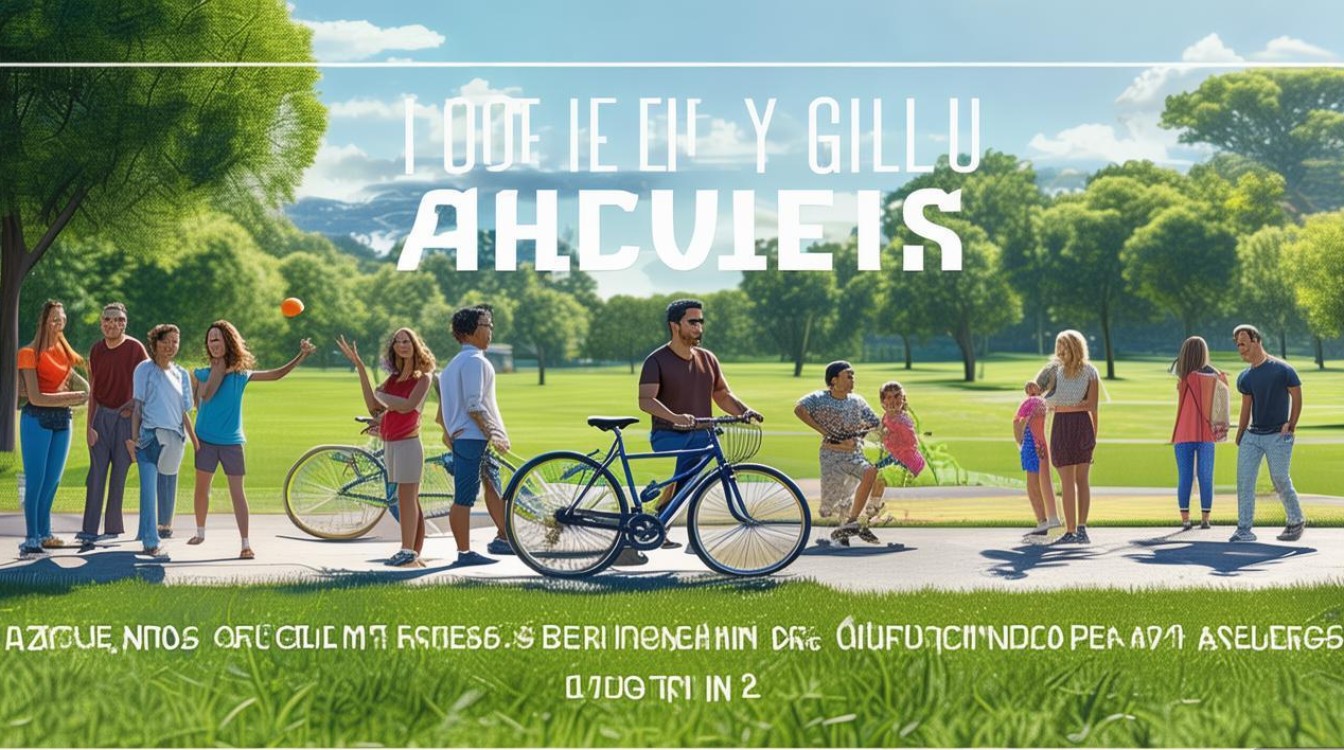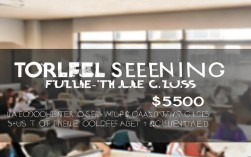在雅思口语考试中,"activities"(活动)是一个高频话题,几乎贯穿了所有部分,从日常活动到特殊经历,从个人爱好到社会活动,都是考官关注的重点,掌握这类话题的答题思路和表达技巧,不仅能帮助考生展现语言能力,还能体现其生活丰富性和文化适应性,以下将从不同维度解析activities相关话题的应对策略,并提供实用表达和范例。

日常活动:展现规律性与生活细节
日常活动是雅思口语Part 1的核心考点,考官通过此类问题了解考生的基本生活习惯,回答时需注意细节真实、逻辑清晰,避免使用过于简单的重复句式。
常见问题示例:
- What do you usually do in your free time?
- How do you like to spend your weekends?
- Is there any activity you dislike doing daily?
高分思路:
- 具体化活动内容:避免笼统回答"I like reading",而是细化到"I usually spend an hour reading fiction before bed, especially Murakami's novels, which help me relax after a busy day"。
- 说明原因或感受:补充活动背后的意义,如"I prefer morning jogging in the park near my apartment because the fresh air and birdsong make me feel energetic all day"。
- 使用连接词增强逻辑:通过"First of all... Besides... What's more..."等连接词分层描述,
On weekends, I balance study and leisure. First of all, I attend a 2-hour English corner to practice speaking. Besides, I cook lunch for my family, trying new recipes like Mapo tofu. What's more, in the evening, I watch documentaries about wildlife to expand my knowledge.
实用词汇:
- 日常习惯:daily routine, regular habit, wind down (放松)
- 活动类型:hobby (爱好), chore (杂务), workout (锻炼), socialize (社交)
特殊活动:突出经历与情感表达
特殊活动(如节日庆典、旅行、生日派对等)常出现在Part 2&3,考察考生描述事件、表达感受和组织语言的能力,此类话题需构建清晰的叙事框架,包含"背景-经过-感受"三个要素。
Part 2 真题示例:
Describe a memorable activity you did with a group of people.
You should say:
- What the activity was
- Who you were with
- What happened during the activity
- And why it was memorable
高分回答结构:
- 引入活动:点明时间、地点和参与人员,如"Last summer, I joined a volunteer teaching project in a rural village in Yunnan with 15 college students"。
- 描述细节:使用动作和时间顺序词,如"We started by preparing teaching materials in the morning, then interacted with children in the afternoon. On the last day, we held a small performance where kids sang folk songs they learned"。
- 强调感受与意义:升华主题,What made it unforgettable was seeing the children's eager eyes—they had never seen a globe before, and their excitement about exploring the world inspired me to value the power of education"。
时态与连接词:
- 过去时态(did, was, saw)为主,穿插现在完成时(have learned)强调影响。
- 连接词:At first... Later... Eventually... As a result...
社会活动:体现文化意识与观点表达
社会活动(如社区服务、环保活动、文化节日等)在Part 3中常用于考察考生的社会视角和批判性思维,回答时需结合个人经历与社会现象,展示辩证思考能力。
常见问题示例:
- Why do you think people participate in community activities?
- How can schools encourage students to do volunteer work?
- Are traditional festivals still important in modern society?
高分策略:
- 分点论述:用"First... Second... Finally..."清晰展开观点,People join community activities for three reasons: to build social connections, to contribute to society, and to develop practical skills"。
- 举例支撑:结合具体案例,如"In my city, many elderly participate in square dancing, which not only keeps them healthy but also strengthens neighborhood bonds"。
- 对比或延伸:提出更深层的思考,如"While traditional festivals like Spring Festival are still celebrated, their significance has shifted from family reunion to leisure shopping, reflecting changes in modern lifestyle"。
实用句型:
- 表达观点:From my perspective... / The key reason is that...
- 建议措施:One effective way is... / It would be beneficial if...
活动类话题核心词汇与表达
掌握多样化的词汇能显著提升回答的丰富度,以下分类整理了高频表达:
| 类别 | 词汇/短语 |
|---|---|
| 活动频率 | occasionally, regularly, on a daily basis, once in a while |
| 活动感受 | enjoyable, rewarding, tiring, fascinating, meaningful |
| 活动目的 | for relaxation, for personal growth, for socializing, out of interest |
| 活动组织 | organize, participate in, attend, host, join in |
常见误区与注意事项
- 避免答案过于简短:Part 1问题虽简单,但需用2-3句话展开,例如回答"Do you like outdoor activities?"时,不要只说"Yes, I do.",而应补充"Yes, I love hiking because it allows me to get close to nature and escape from urban noise."
- 避免语法错误:尤其注意时态一致(如描述过去活动用过去时)和主谓一致(如"Group activities help us improve our communication skills")。
- 避免模板化回答:考官能轻易识别模板化内容,需结合个人真实经历,例如描述"最喜欢的活动"时,可加入具体细节(如地点、人物、小插曲)。
FAQs
Q1: 雅思口语中描述活动时,如何避免内容单调重复?
A1: 可通过"具体细节+多感官描写+个人感受"丰富内容,例如描述"做饭"时,不仅说"I cook pasta",还可加入"I chop tomatoes and onions, listening to the sizzle of olive oil in the pan, and the aroma of basil fills the kitchen—this process makes me feel like a chef." 使用不同句式(如倒装句、强调句)和连接词,避免重复使用"I like..."开头。
Q2: 当遇到不熟悉的活动话题时(如 Describe an unusual activity you tried),如何快速构建回答?
A2: 采用"总-分-总"结构,先概括活动类型(如"Last year, I tried axe throwing, which is considered unusual in my country"),再分点描述"为什么尝试(好奇+朋友推荐)→ 过程(学习姿势、第一次失败、最终成功)→ 感受(刺激+成就感)",即使缺乏真实经历,也可通过合理想象补充细节,重点展示语言组织能力而非事件真实性。











